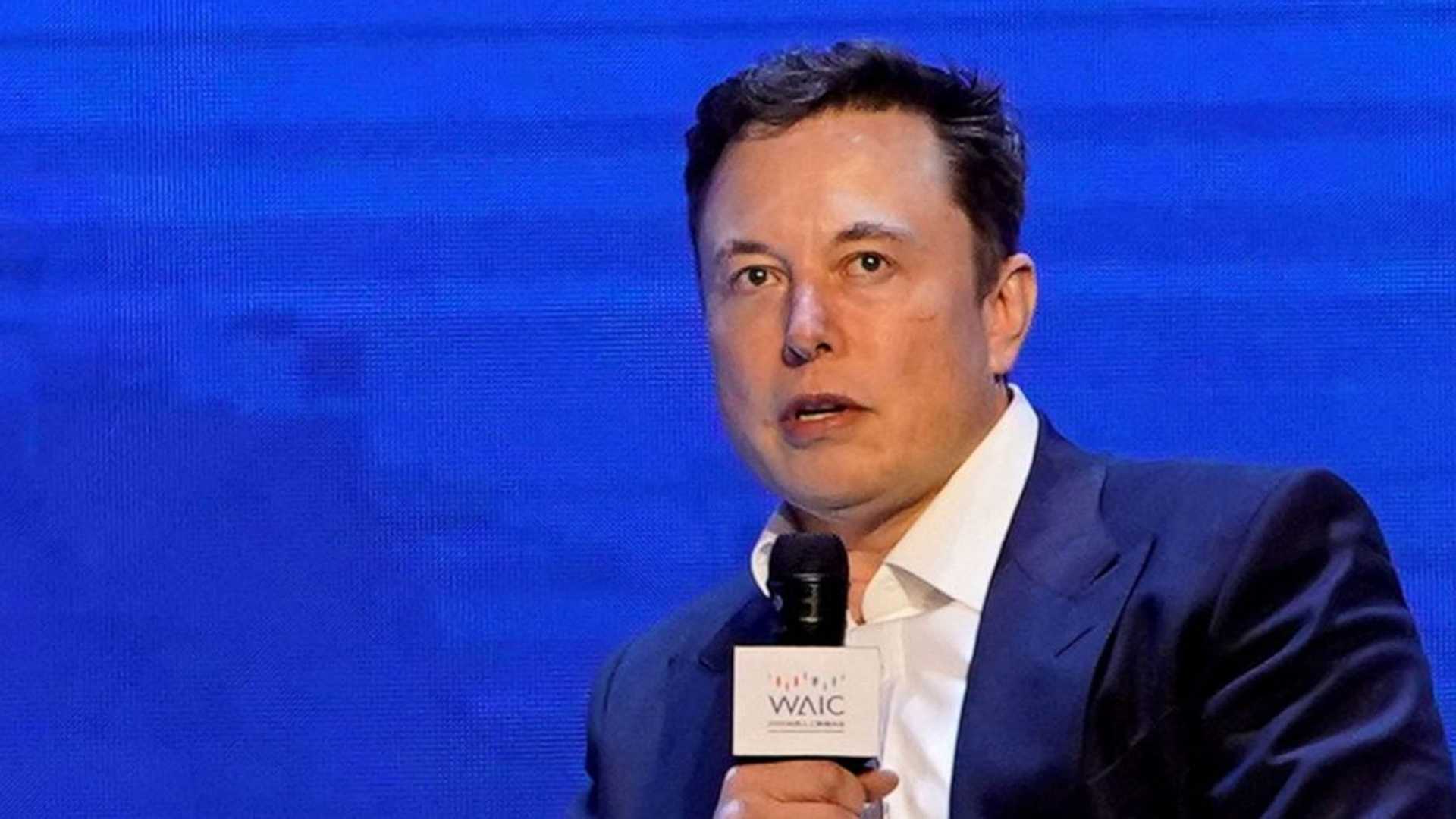Elon Musk calls for 'TruthGPT' in response to AI Bias
Billionaire entrepreneur Elon Musk has called for an AI-driven conversation tool called "TruthGPT" after criticising the popular AI text bot, ChatGPT for being "politically correct". Musk, the CEO of Tesla and owner of Twitter, warned of the potential for "AI dystopia, which is to train AI to be deceptive". The experts agree that AI chatbots present significant risks of political bias, as models can generate vast amounts of speech, potentially shaping public opinion and spreading misinformation. However, Musk's comments have highlighted the challenge because content moderation is becoming increasingly controversial. Some experts argue that Musk's opinions are being tied to the political context, making his approach less credible on the truth issue.
The Challenge Posed by Biased AI
AI chatbots pose a legitimate risk concerning political bias since they generate vast amounts of speech, shaping public opinion and spreading misinformation. ChatGPT, created by artificial intelligence firm OpenAI, uses an algorithm that selects words based on lessons learned from scanning billions of pieces of text, making it popular for viral posts that demonstrate it composing Shakespearean poetry or identifying bugs in computer code. However, some of the results have been troubling, and it has been programmed with safeguards to prevent it from taking up controversial opinions or expressing hate speech. Content moderation on AI poses legitimate challenges for designers, who must determine which messages are sufficiently offensive or odious to warrant intervention. Responses from AI conversation tools depend heavily on the text with which the model is trained.
The Need for 'TruthGPT'
Musk's "TruthGPT" aims to solve the problem of AI chatbot's truthfulness and reliability. However, some experts argue that attaching the question of truth to political correctness is a mistake. Gary Marcus, a professor emeritus of psychology and neuroscience at New York University, claims that it is a mistake to link the two issues. "You have to separate the truth from the politics if you want to be credible on the truth problem," he said. "It's a mistake to try to tie the two together."
Musk's Imperfect Spokesperson Status
While Musk is advocating for the investigation of political bias in chatbots, some experts argue that he is an imperfect spokesperson for such criticism because of his high-profile political views. Musk has taken a host of conservative stances in recent months, including support for Republican candidates in the midterm elections last year and repeated criticism of "woke" politics. Oren Etzioni, CEO of Allen Institute for AI and a computer science professor at the University of Washington, claims that "What he means by 'truth' is 'agrees with me'".
The Challenge of Moderating AI Responses
The polarised political environment poses a challenge for any AI chatbot developer attempting to moderate responses. Eliezer Yudkowsky, a decision theorist at the Machine Intelligence Research Institute, claims that "Politics as it exists today doesn't draw lines that finely. You would have to know where to draw the line in a sensible place to get AI to draw the line in a sensible place."
As AI chatbots become more popular, concerns surrounding their reliability and political bias continue to be prevalent. The creation of Musk's "TruthGPT" is an attempt to tackle the problem of truthfulness and reliability, but how credible will his approach be in the current political climate?




















